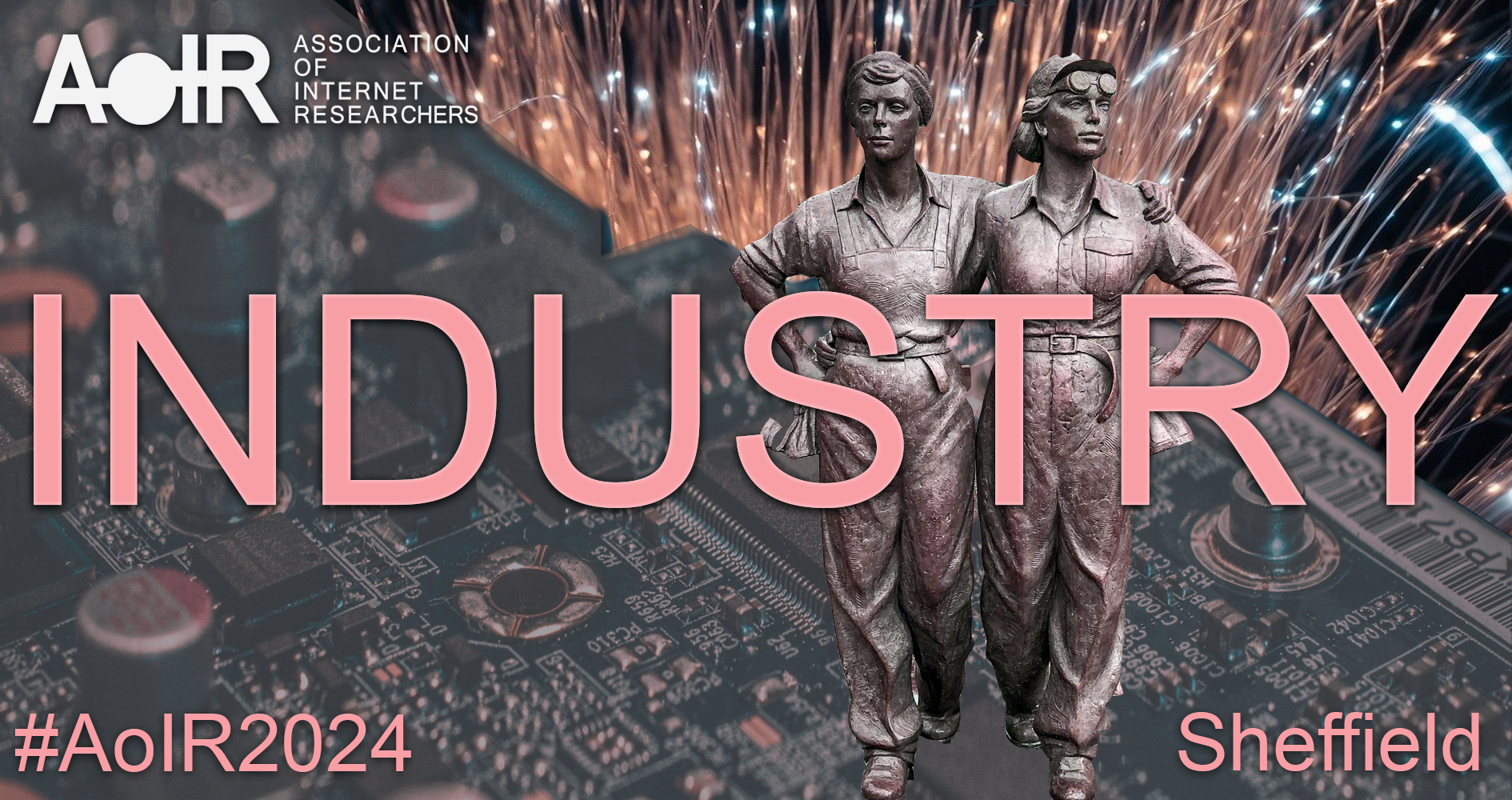Each year a small portion of AoIR conference fees go toward several travel scholarships for junior scholars to attend the conference. We want to recognize our scholarship recipients and share with you a little bit about them and their research interests.
What is your background?
I am a doctoral student in the Department of Communication at the University of Maryland. I graduated with her B.A. in Communication from Western Illinois University and recently graduated with her M.A. in Communication with a focus on Rhetoric and Political Culture from the University of Wisconsin-Milwaukee.
What is your current area of study?
My research focuses on the intersections of Black feminism, rhetoric, and digital technologies to understand the evolution of Black women’s rhetorical traditions in contemporary culture. I examine Black women’s rhetoric and collectives to make connections between the past, the digital present, and the future. I want to understand how certain rhetorical strategies are evolving with new technologies and how Black women are creating discursive space for their voice in public spaces online.
Describe the research you will present at #AoIR2022
My presentation ‘The Intellectual Labor of the Digital Black Feminist Enclave on Ebony in the Narrative Construction of #MuteRKelly’ will examine how the Black magazine Ebony led a campaign on their platform to condemn the artist R. Kelly for sexual allegations against him and urge Black audiences to silence his music. Using the theories of digital Black feminism, Black girlhood theory, and critical technocultural discourse analysis (CTDA) as a technique, I analyze how users fostered a safe space on Ebony that sharpened language and cultivated research about R. Kelly’s harassment (Steele 2022, Brock, 2018). Ebony forged intracultural critiques of Black American culture by resisting patriarchal discourse that revered R. Kelly and establishing a new moral standard that holds those who harass, violate, and assault Black girls accountable for their actions. I argue this digital Black feminist enclave solidified in the rhetorical and technical demand of #MuteRKelly three demands: for R. Kelly’s public image to encompass his licentious music and his long history of sexual allegations, for all Black listeners and supporters to cease any engagements with the artist, and for Black communities to resist fast-girl tail rhetoric that blames Black girls for these assaults. Ebony used the digital sphere to assemble a grapevine committed to advocacy aimed at legal justice and increased protection for Black girls. It is important for digital scholars to trace the lineage of internet practices that traverse to hashtag activism and to look at the digital enclaves that contribute to these practices so that we don’t privilege hashtags as the most significant aspect of a movement.
Have you presented at AoIR in the past? If yes, what has been your experience? If #AoIR2022 Dublin is your first AoIR conference, what made you choose this conference? What do you expect from it?
This will be my first time presenting at AoIR conference and I am very honored to be a part of this experience. At this conference, I would like to learn about more research on Black digital communication and connect with scholars who examine race, gender, and sexuality within the African diaspora. This conference will also expose me to other theories and methodologies for studying the Internet and provide me with pedagogical tools to bring into my classrooms.

